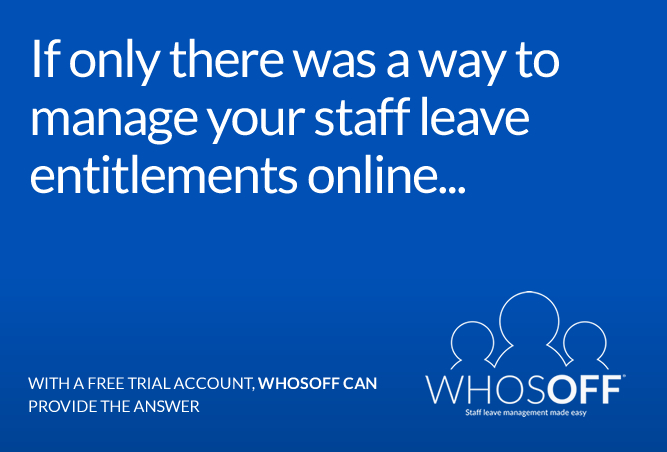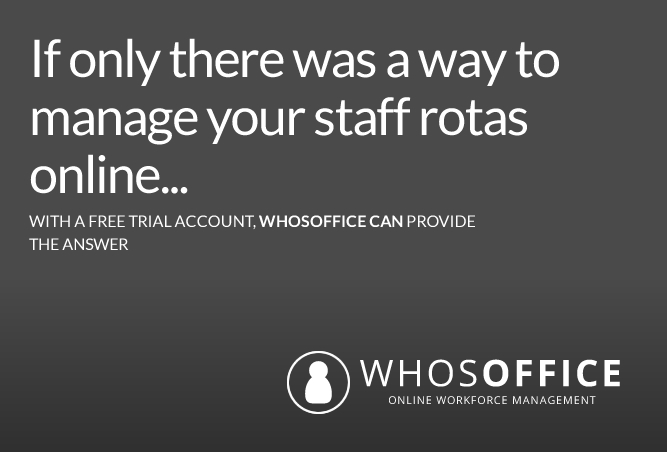Introduction
With the saga of RyanAir unfolding in the media and the storm that is currently chasing CEO Michael O’Leary , other companies may well be taking a good look at themselves to ensure their staff are taking their annual leave entitlement.
But, this problem is far bigger than one companies’ mistake. There are regulations, directives and employment laws in place to protect the employee as well as the employer.
So, did the employees not take their leave entitlement? or did the employer not allow them? should the employer force them to take leave? Or is it all down to staff scheduling?
How did it get to this?
A problem of this size did not suddenly appear, the underlying problem must have been growing in size for some time, even involving carry over from previous years.
What measures are in place to stop this?
There are regulations, directives and employment laws in place to protect the employee as well as the employer.
Most workers who work a 5-day week must receive at least 28 days’ paid annual leave per year (know as the statutory leave entitlement or annual leave), with part time staff entitled to a pro-rated minimum.
Working Time Regulations 1998 (WTR)
The Working Time Regulations 1998 (WTR) was installed to protect the health and safety of workers as well as ensuring that workers take a sufficient amount of rest leave.
With this in mind the question raised in this case could have been “should the employer force workers to take their annual leave in order to ensure compliance with the health and safety principles of the WTR?”.
In this case, it may not have been in the employer's interest to encourage employees to take leave as flights may not have been fulfilled due to a shortage in staff. By using some form of workforce planning tool, this would have allowed the employer to plan their staffing based on passenger numbers and skill sets available during any period.

Regulation 15 of the WTR covers several points, including:
(2) A worker’s employer may require the worker—
(a)to take leave to which the worker is entitled under regulation 13(1); or
(b)not to take such leave, on particular days, by giving notice to the worker in accordance with paragraph (3).
Excerpt: www.legislation.gov.uk/uksi/1998/1833/regulation/15/made
Under these regulations, if an employee has taken no annual leave all year (and is exhibiting signs of stress and exhaustion) the employer has an obligation to not ignore this situation as it could constitute a breach of the duty to protect their health and safety. Under the same legislation and situation, if the employer enforces the employee to take leave there may be other consequences if bonus targets may be missed as a result, for example. Common ground is required between both parties BUT as the employer is in control of Work Rotas and Staff Leave they may be in the best position to handle the duty of care to both their business practices and their employees.
Could employers avoid this oversight/mistake?
Employment contracts will often carry specific statements in relation to any “restricted” or “preferred” leave periods. These will detail if there are any periods where staff cannot take leave, whether there should be a split in time taken (e.g. half summer, half winter), whether there are any forced days (such as Christmas leave), and whether staff can carry any leave from one year into the next.
For example, in the automotive industry it is not uncommon for leave restrictions to be put in place to prevent sales staff taking leave during periods when new car registrations are scheduled. These restrictions will be highlighted in the employee’s contract and will be the same period year in year out, it is therefore the responsibility of the employee to request leave outside of this period. Of course, we are all human and requests during this period may be allowed so long as they do not impact on the overall operations, subject to the discretion of line managers.
In the case of RyanAir, there will be a team responsible for the scheduling of flights in accordance with the demand of its passengers. This team should either be working with, or be part of the same team that looks after the annual leave entitlement/requests of the crew that will be working the flights. Any disconnect between these two business functions will lead to under staffing, skill shortages in the workplace and in larger companies will be of greater cost to resolve.
RyanAir are not the first company to be in trouble for its staff leave, nor will it be the last. Take the Junior Doctor contract issue as a recent example. There was an idea to extend the working week to seven days which caused strike action, and a lot of publicity, this has not only been enforced on Junior Doctors, this is the NHS as a whole. As a parent of two children I see the impact on home life when the NHS decide to force weekend working on its staff, even though it was not in the original contract, nor was the employee consulted to see if it was a viable option. I don’t blame the NHS, I can see a requirement for a seven-day NHS, but promote it and find those staff who would prefer the flexibility of working weekends as a substitute for days during the week.
Will it happen in the future?
Simple answer, very probably. Changes in pressure on UK businesses is being passed down to employees. In demand-led pressures it will fall on the employees to cover shifts, extend their working schedules, whether staff get reimbursed for their extra efforts is irrelevant, there will be an impact on that employee!
Of course, there are some “enlightened” organisations who manage this in a better way, even going to the extreme of giving staff unrestricted leave entitlements to take as and when they want (or need) it.
What do we recommend?
Using a leave management system such as WhosOff will provide companies with the tools to manage and monitor their staff leave thus allowing line managers to see who has, but more apparent, who has not taken their annual entitlements.

Should a company require tools to manage their workforce from a scheduling point of view WhosOffice will provide the answer. Not only can work/shift and rota planners pull resources in based on demands and skillsets, they will also have the transparency of leave made by any employee.

Both WhosOff and WhosOffice are available to trial for free, our support team are on hand to answer any questions you have or provide a tour of the system.
Similar articles
10.APR.2025
As a business owner, HR manager, or professional responsible for managing a team, one of the key tasks you will face is understanding and planning for the number of working days in a year and working weeks in a year. Using an online leave management tool such as WhosOff can relieve some of this burden.
01.APR.2025
As the new financial year begins, businesses are gearing up to streamline operations, optimize resources, and ensure smooth workflows. One critical aspect of this preparation is managing staff leave effectively, here's where WhosOff can help.
28.JAN.2025
As a fundamental part of any business running smoothly, the management and tracking of staff leave is often a task that can be overlooked but can have a major impact on operations when things go wrong.
16.OCT.2024
Learn how our customers have accelerated their internal business processes by integrating with the WhosOff API to manage their staff leave and absence tasks.


